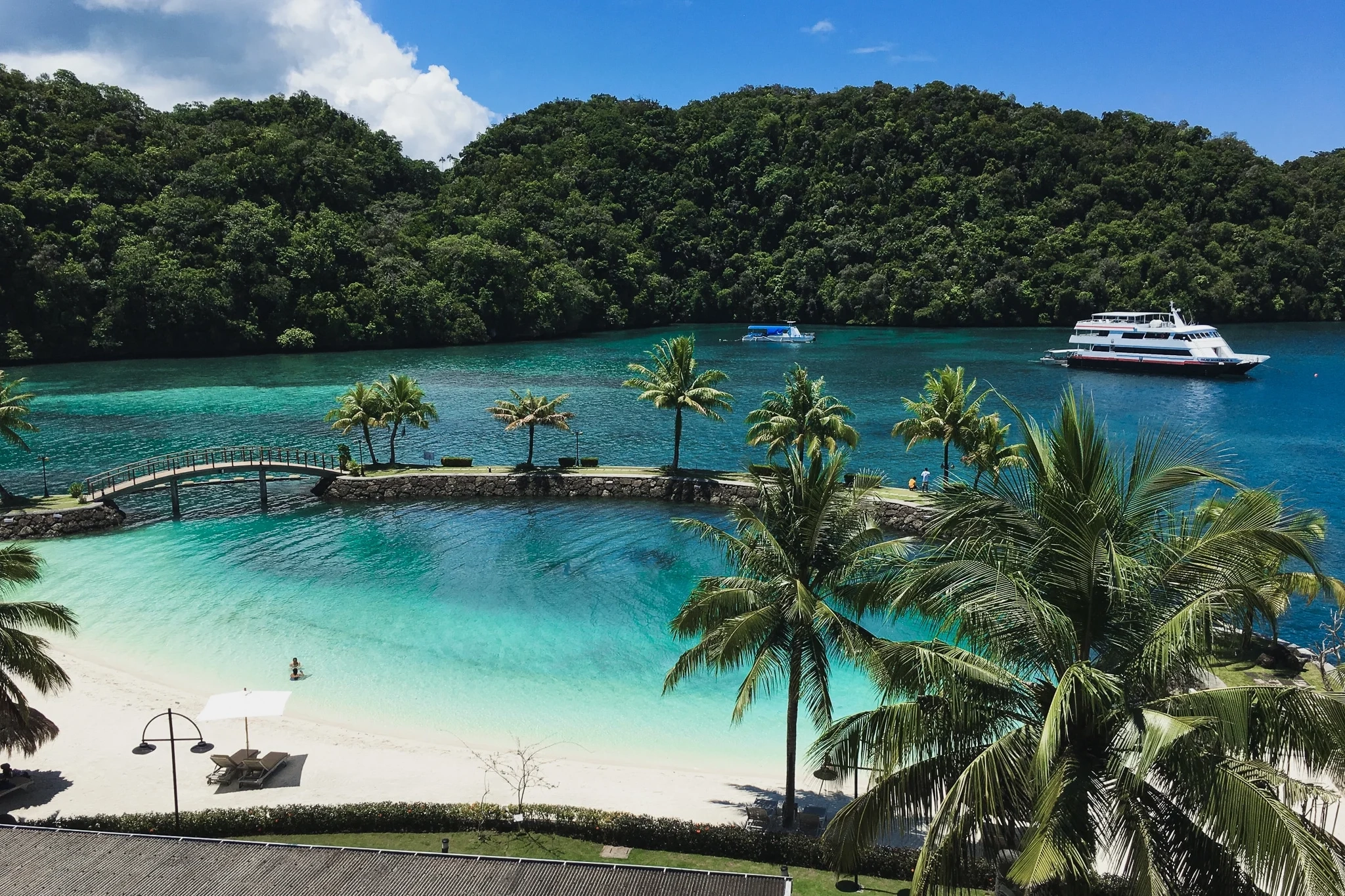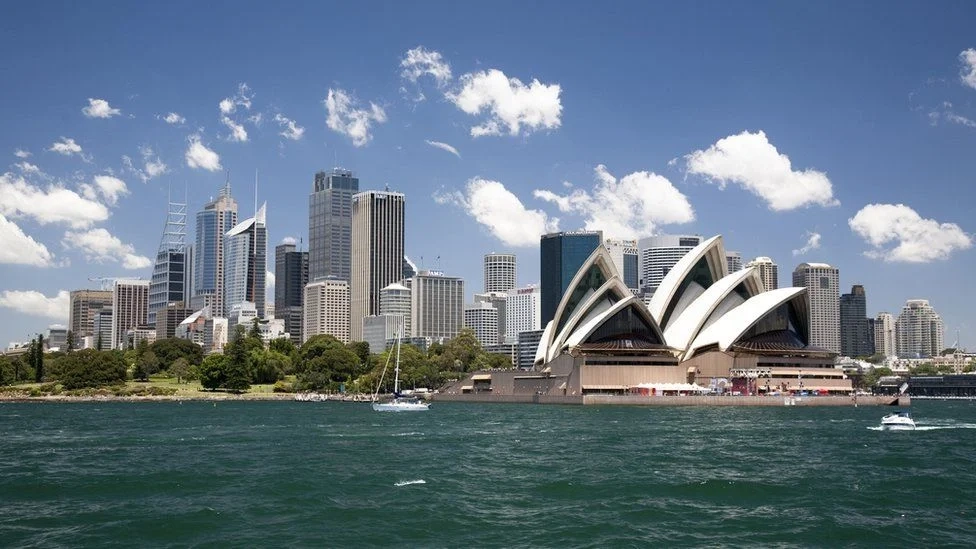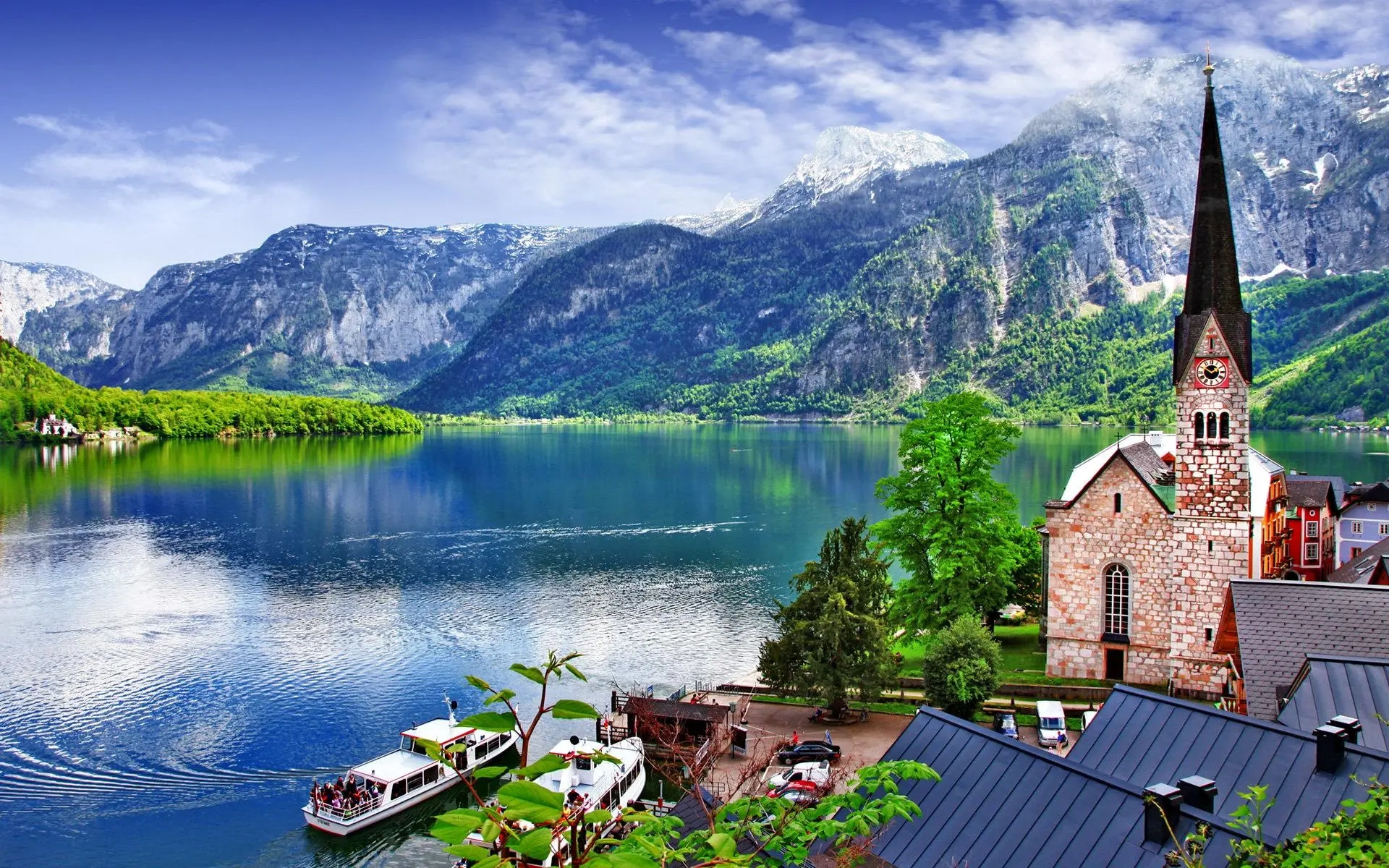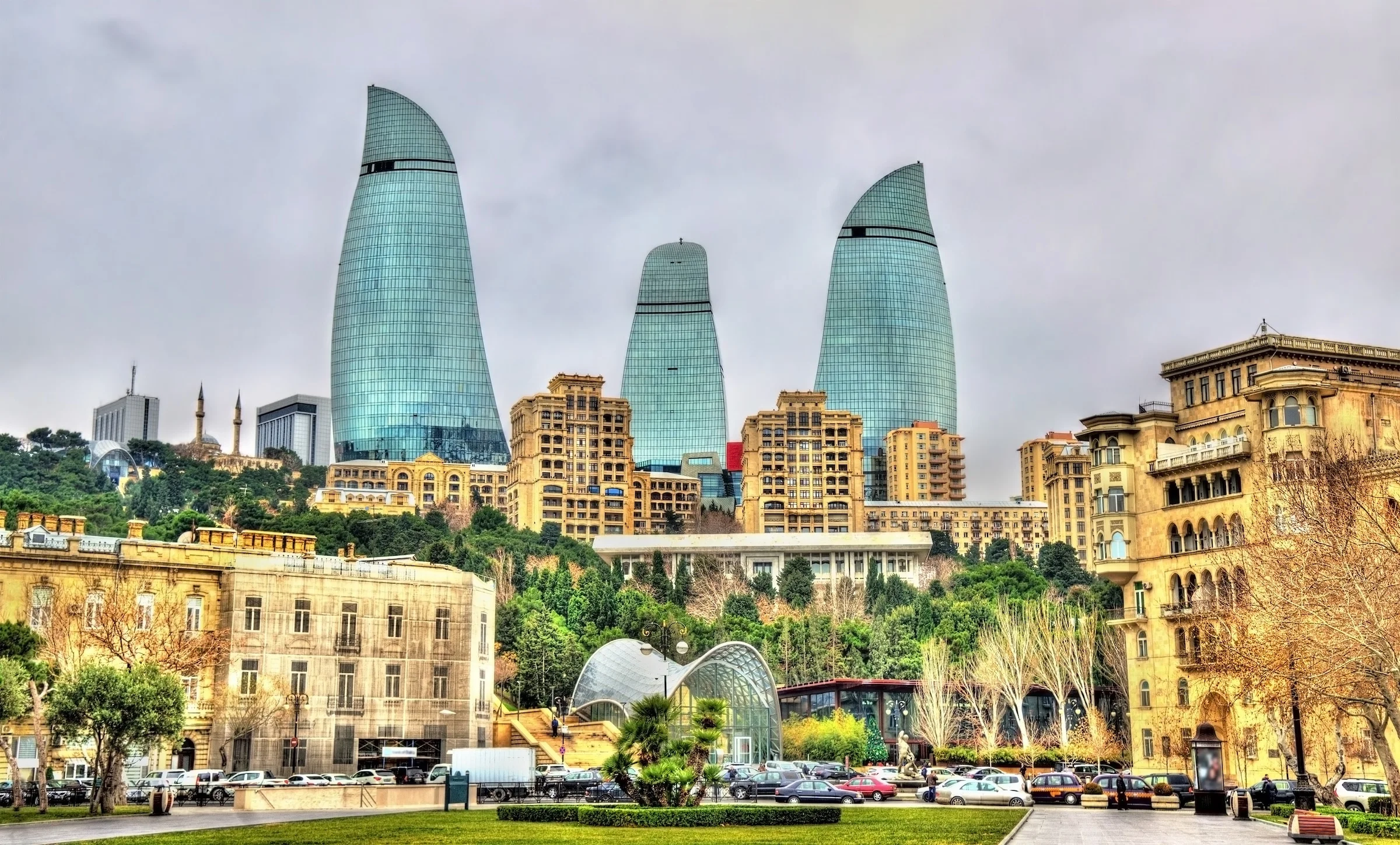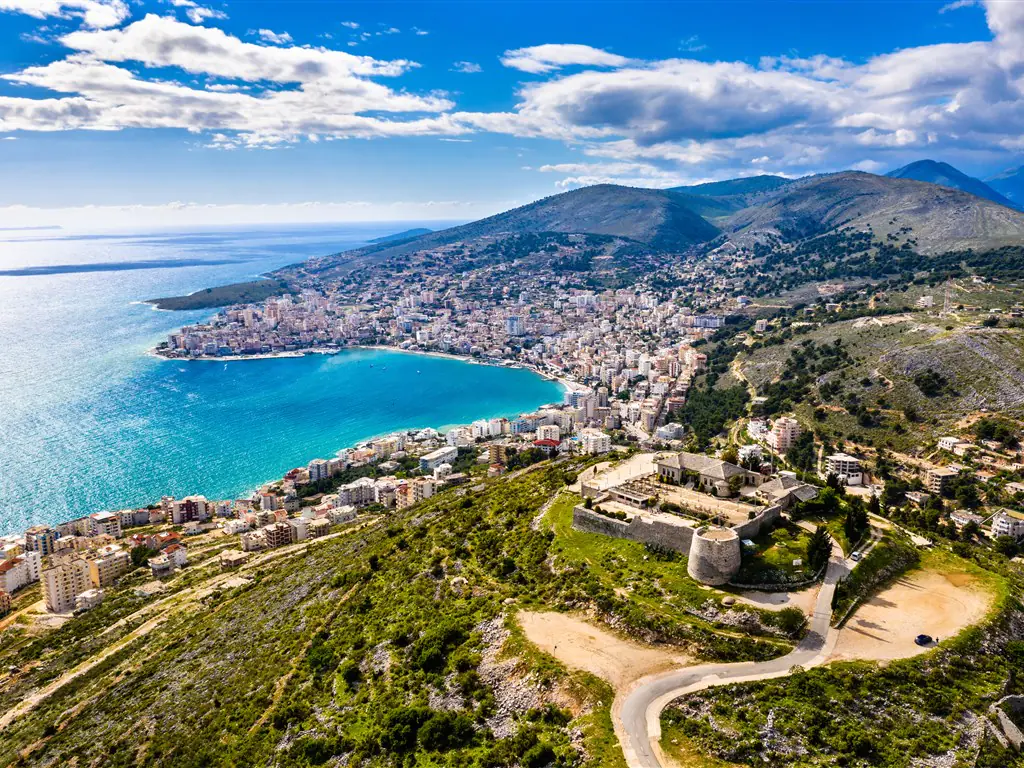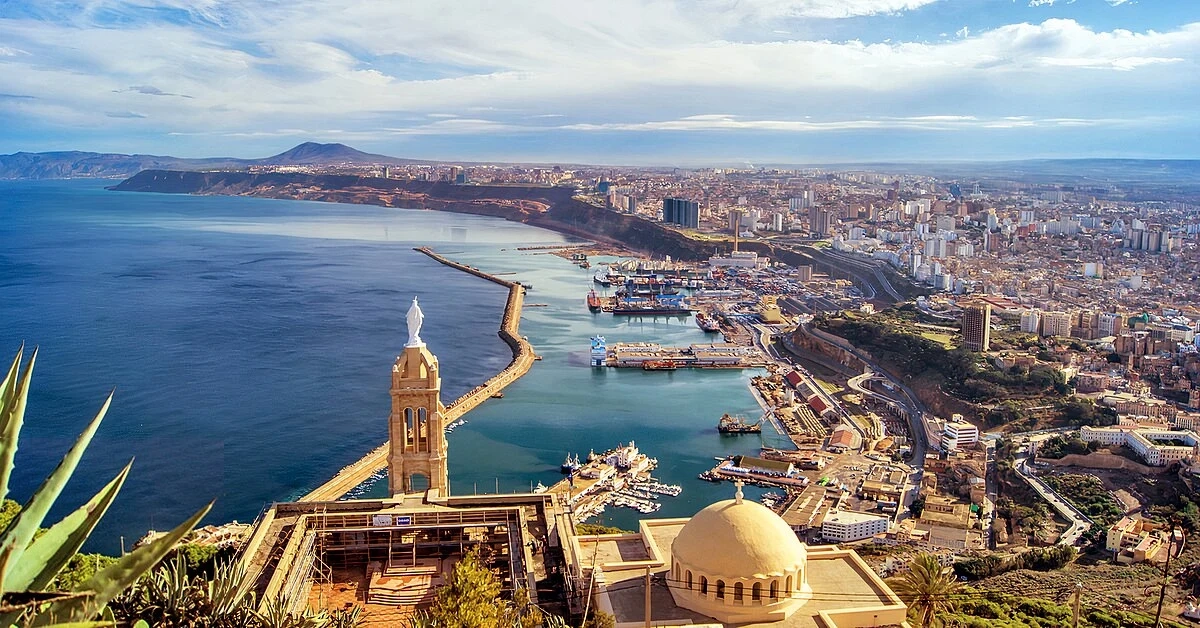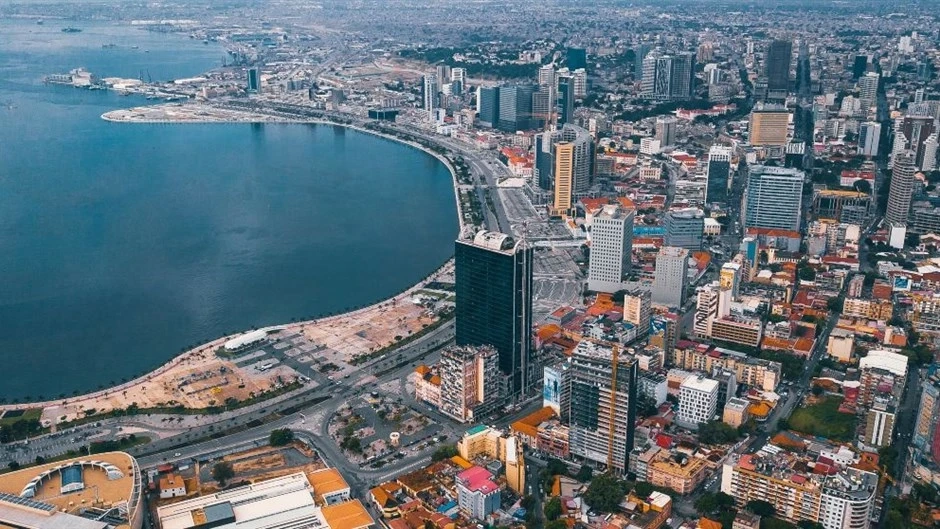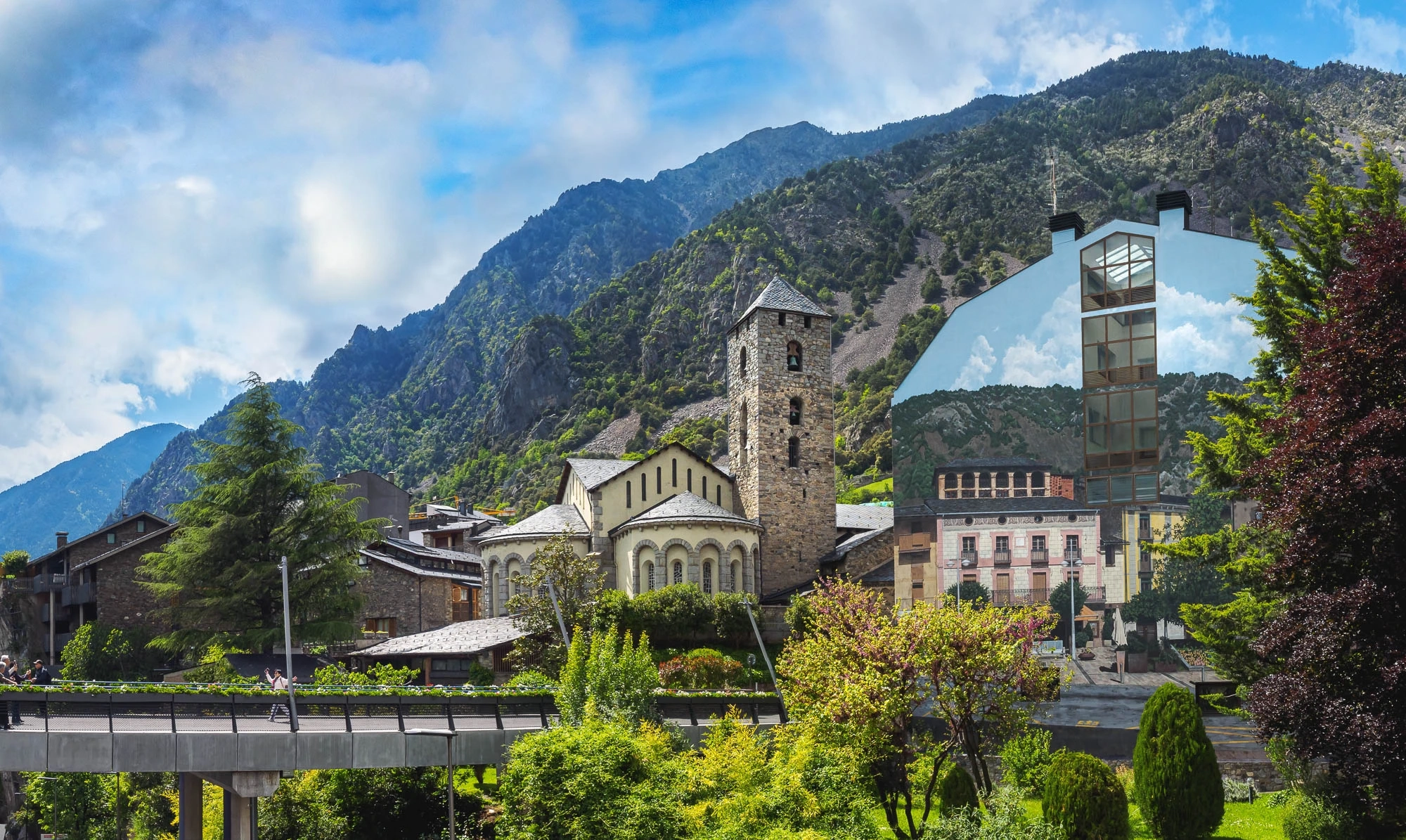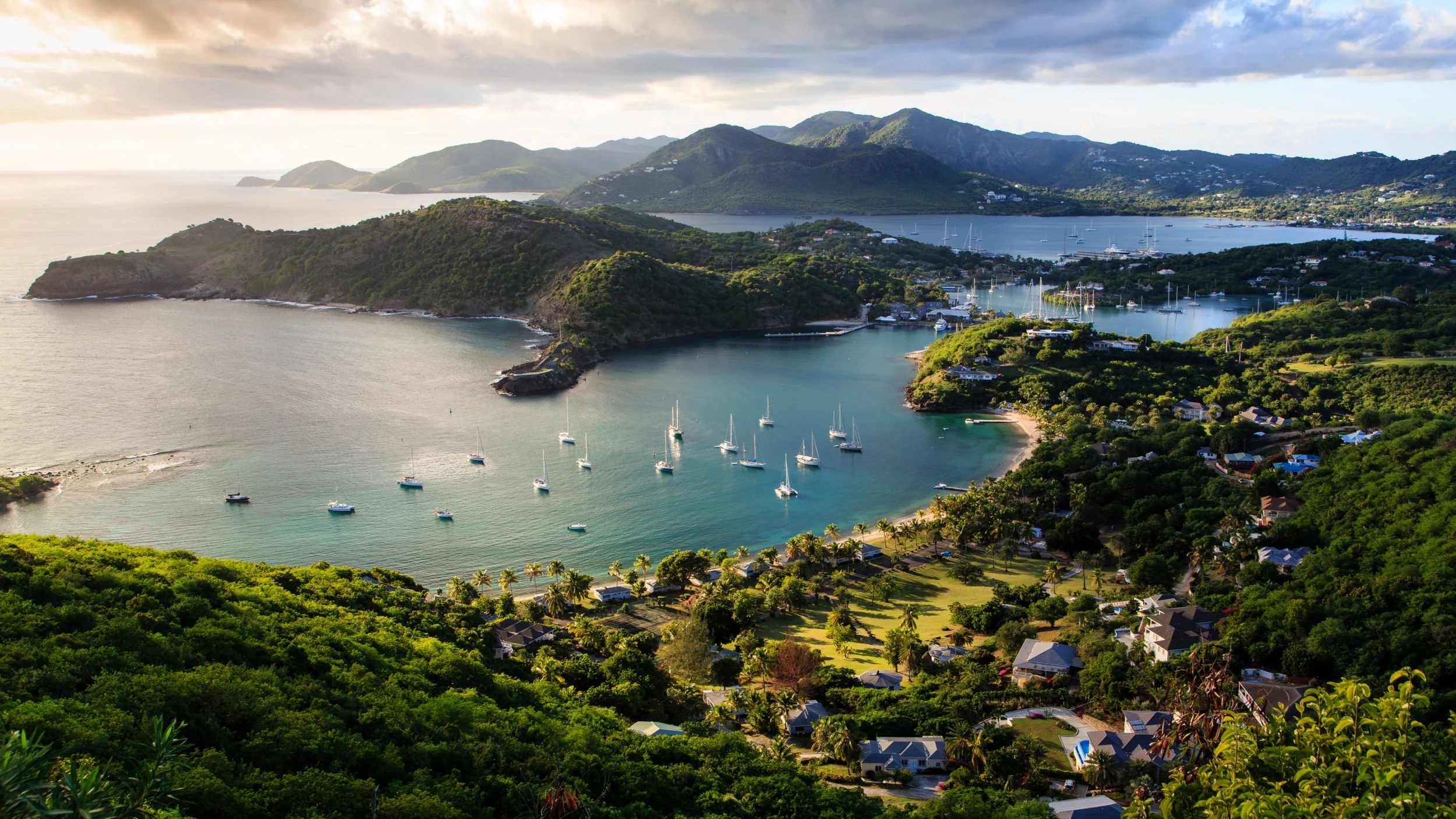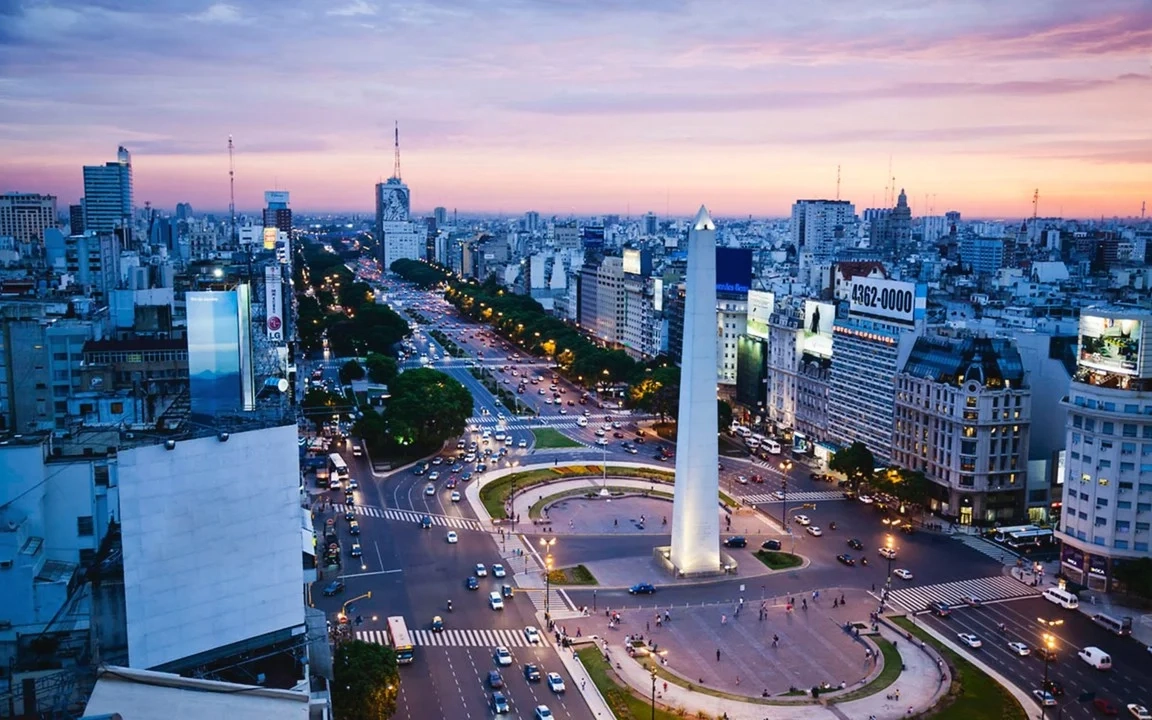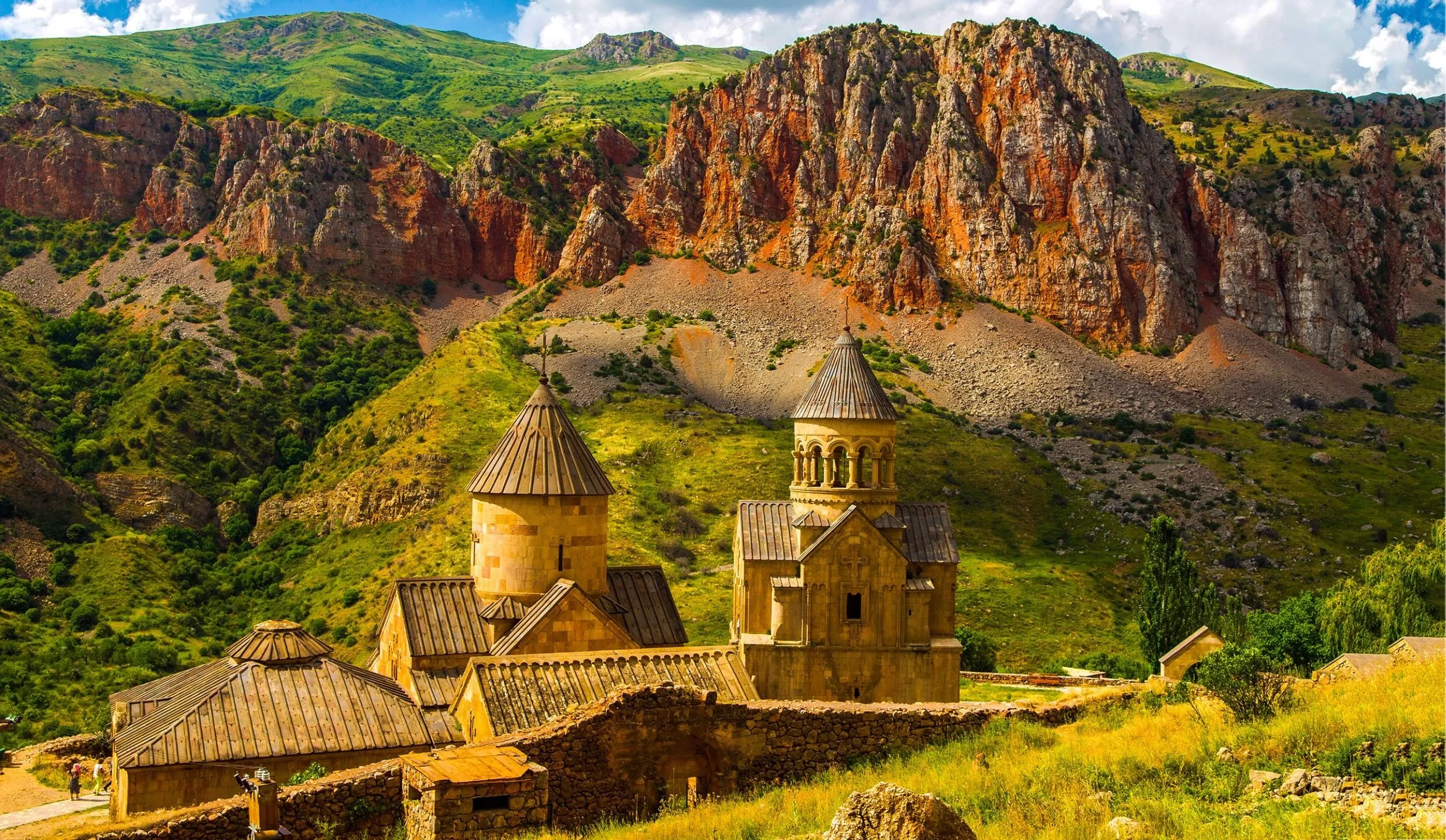1. Cost of Living: Palau's cost of living is relatively high, primarily due to its remote location and reliance on imports. Rent, groceries, and daily expenses can be more expensive compared to some mainland locations.
2. Healthcare: Palau has a basic healthcare system, but access to specialized medical services may be limited. Immigrants should consider health insurance coverage, as medical costs can be high, especially for non-residents.
3. Transportation: Public transportation options in Palau are limited, and many residents use personal vehicles. Fuel prices can be relatively high. The main population centers, such as Koror, have some taxi services and rental car options.
4. Food: While Palau has local markets and grocery stores, the cost of imported goods contributes to higher food prices. Fresh local produce and seafood are available and may offer more affordable options.
Approximate Average Monthly Cost of Living in Palau:
- Rent (1-bedroom apartment): $800 - $1,500
- Groceries: $300 - $500
- Utilities (electricity, heating, cooling, water, garbage): $150 - $250
- Internet and Mobile Phone: $50 - $100
- Transportation (fuel, public transport): $100 - $200
- Healthcare Insurance: $50 - $150
- Dining Out/Entertainment: $200 - $400
Total Estimated Range: $1,650 - $3,000 per month
Pros of Living in Palau:
- Natural Beauty: Stunning natural landscapes, pristine beaches, and vibrant coral reefs, making it an ideal destination for nature lovers and outdoor enthusiasts.
- Diverse Marine Life: The rich marine biodiversity offers opportunities for snorkeling, scuba diving, and exploring unique underwater ecosystems.
- Cultural Heritage: Palau has a unique and rich cultural heritage, with traditional practices and customs still playing a significant role in daily life.
- Close-Knit Community: The small population size fosters a close-knit community where residents often know each other, contributing to a sense of belonging.
- Environmental Conservation: Palau is committed to environmental conservation and sustainable practices.
Cons of Living in Palau:
- High Cost of Living: Palau's remote location contributes to a high cost of living, particularly for imported goods and services.
- Limited Healthcare Services: Access to specialized medical services may be limited, and serious medical conditions may require evacuation to other countries.
- Small Job Market: Employment opportunities, especially for expatriates, may be limited, and work permits are required.
- Isolation: Palau's isolation can lead to a sense of isolation from the rest of the world, and travel to and from the country may be relatively expensive and infrequent.
- Climate Challenges: The tropical climate brings challenges such as typhoons and heavy rainfall, which can impact daily life and infrastructure.
1. Koror: The economic and commercial center of Palau, housing government offices, businesses, and services.
2. Babeldaob: The largest island in Palau, located near Koror. It has a mix of rural communities and natural attractions.
- Health Insurance:
Obtain health insurance coverage that is valid in Palau. This is important for medical emergencies and may be a visa requirement.
- Employment Opportunities:
If moving for work, secure a job offer before arriving in Palau. Ensure that your work permits and employment contracts are in order.
- Financial Preparation:
Be financially prepared for the high cost of living in Palau. Ensure you have sufficient funds to cover accommodation, living expenses, and potential emergencies.
- Cultural Sensitivity:
Familiarize yourself with Palauan culture and customs. Showing respect for local traditions will help you integrate better into the community.
- Prepare for Tropical Climate:
Palau has a tropical climate. Pack appropriate clothing, and be prepared for occasional typhoons and heavy rainfall.
